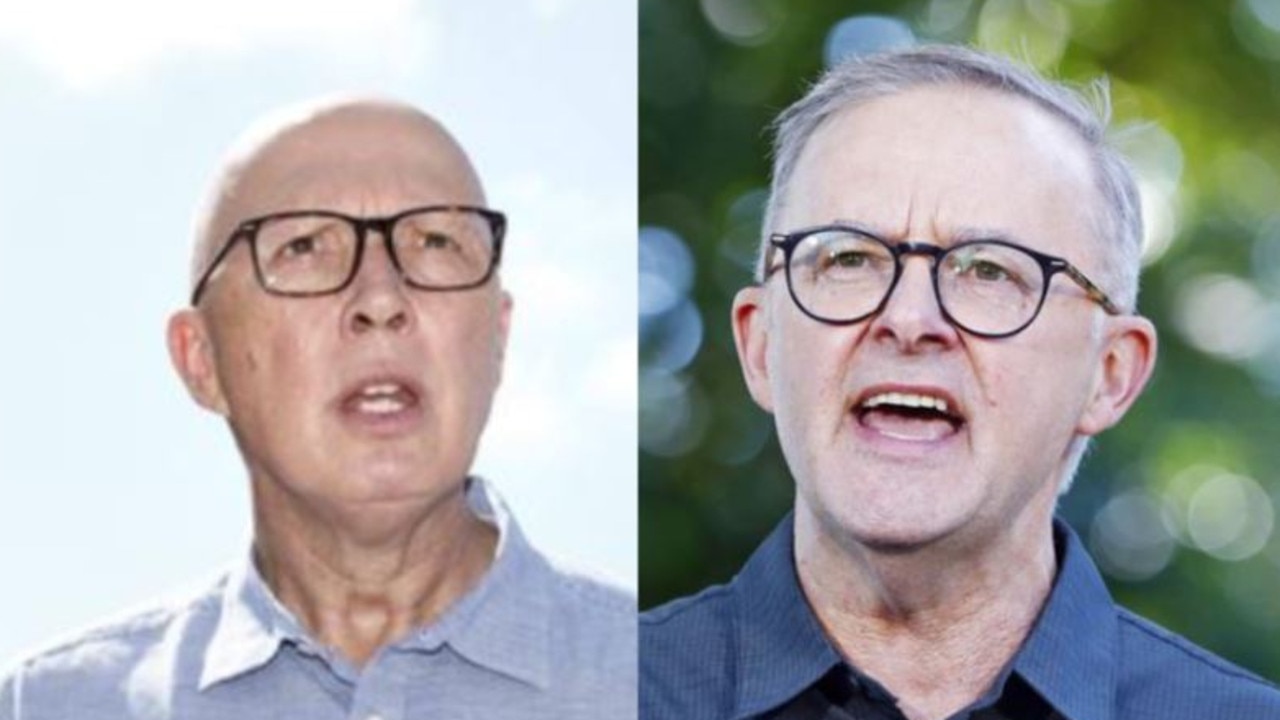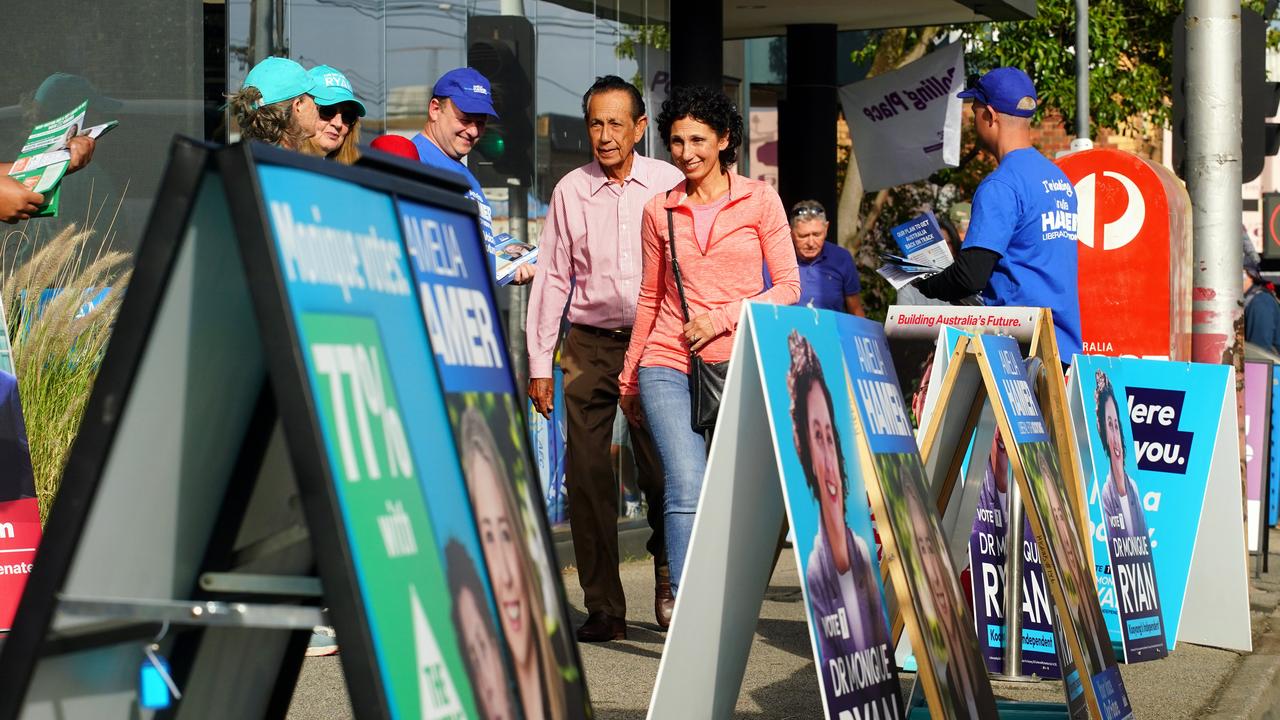Parks Victoria staff to patrol Mt Arapiles to enforce rock climbing ban
Pressure is intensifying on the highest levels of Parks Victoria over the mismanagement of severe cuts to rock climbing in the pursuit’s heartland locations of Mt Arapiles and the Grampians.
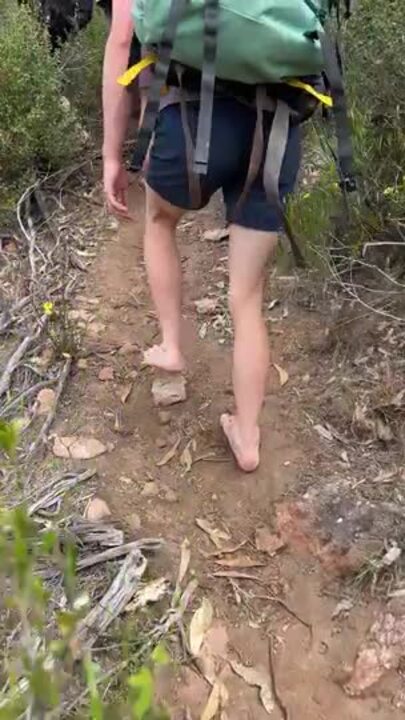
Victoria
Don't miss out on the headlines from Victoria. Followed categories will be added to My News.
Pressure is intensifying on the highest levels of Parks Victoria over the mismanagement of severe cuts to rock climbing in the pursuit’s heartland locations of Mt Arapiles and the Grampians.
Senior members of the Allan government are losing patience with the controversy as the administration faces a revolt from climbers and a wider debate about the management of land access.
Sources familiar with private discussions have questioned the way in which Parks Victoria has failed to consult fully with user groups affected by access bans across the state.
Parks Victoria officials this week acknowledged in a webinar with hundreds of concerned Victorians that rock climbers were not fully consulted about looming cultural heritage bans.
Environment Minister Steve Dimopoulos also faced a barrage of criticism over the bans, which critics argue are being made with limited scrutiny and accountability.
It is understood Labor backbenchers are urging a resolution to the spat after the government axed at least half of the climbing at Arapiles, in northwestern Victoria.
Parks Victoria executive director (conservation and planning) Dan McLaughlin this week told climbers and residents of the beleaguered Wimmera town of Natimuk the government was restricted in what it could say.
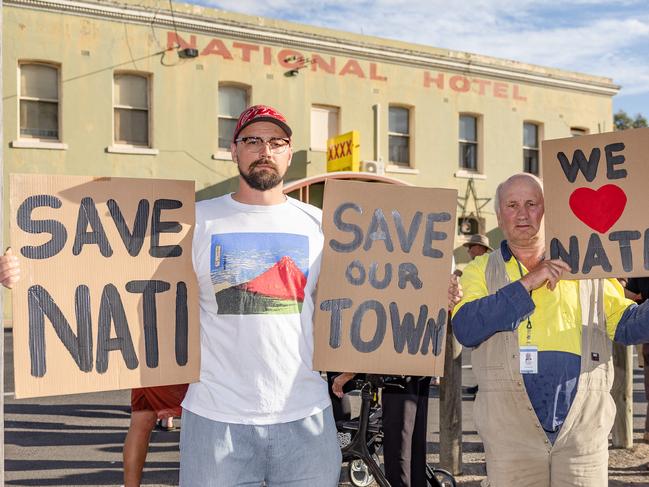
This is because of cultural heritage laws where the presence of rock art, artefacts and scar trees is a closely held secret, meaning the veracity of the claims cannot be tested.
“Some of that information is sensitive,’’ he said. “It’s not our information, Parks Victoria’s.
“It’s the information about the cultural heritage. There is a database that collates that information. It has protections. (It’s) not our database. (It’s) a database that sits in a different part of government, with First People State Relations.’’
The secrecy of Victoria’s heritage laws and lack of accountability over cultural bans looms as a major political issue.
Nationals deputy leader Emma Kealy said rock climbers had been pleading for transparency in a process that led to at least half of climbing at Arapiles axed and huge bans across the nearby Grampians National Park.
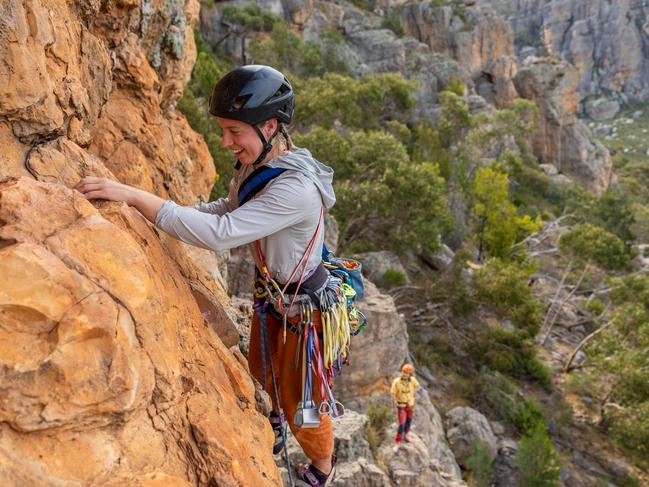
“Labor has not provided that transparency, which has been incredibly divisive in the community,’’ she said.
Australian Climbing Association Victoria treasurer Mike Tomkins said: “The secrecy is corrosive and it’s causing a lot of division – and that’s the last thing that we want.’’
Cultural heritage is collated on a database called the Aboriginal Cultural Heritage Register and Information System, the online portal of the Victorian Aboriginal Heritage Register. While access is restricted, a wide group of people is able to see where heritage has been pinpointed.
Climbers want to be sure that the bans have been placed legitimately but there is virtually no way of knowing because of the secrecy provisions.
Mt Arapiles patrols to enforce rock climbing ban
Parks Victoria staff will patrol the world famous Mt Arapiles in a bid to enforce its controversial rock climbing ban.
It comes following reports the authority will sack 100 staff members in the new year following peak visitation periods and fire season over summer.
In an online meeting hosted by Parks Victoria on Wednesday, conservation and planning executive director Daniel McLaughlin revealed Mt Arapiles will be patrolled by staff to ensure people don’t climb in the banned areas.
“What we are encouraging people to do is look at those areas where we are saying you should climb,” he said.
“That’s the best way for people to know they can safely access areas without that fear of impacting heritage values.
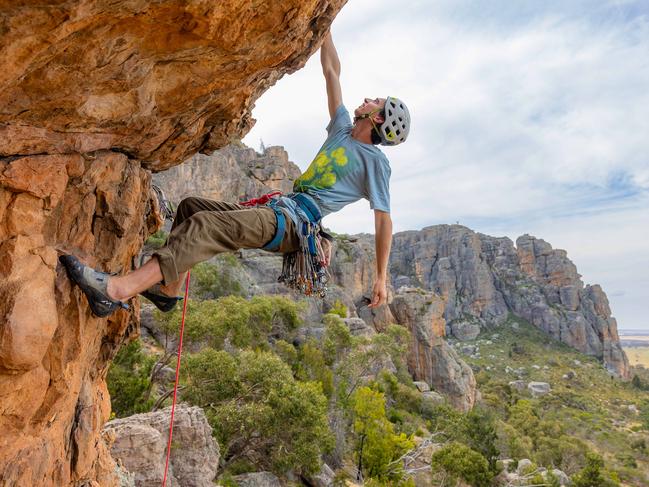
“But like many other things we do in the parks, we do apply the regulations and we’ll have staff on patrol, educating and passing on that information as we move into finalisation of the management plan.”
More than 500 people registered to attend the information session that was moderated by independent consulting firm Capire.
Questions were selected by the moderator through a chat function and answered by Mr McLaughlin, park planning and policy director Stuart Hughes and visitor experience executive director Lisa Patroni.
It comes as more than 200 locals gathered at the National Hotel in Natimuk last week to rally against Parks Victoria’s decision to ban rock climbing at Mt Arapiles.
It’s unclear when the ban will come into effect and how many of its 2000 unique routes would be impacted but it’s believed up to half will close.
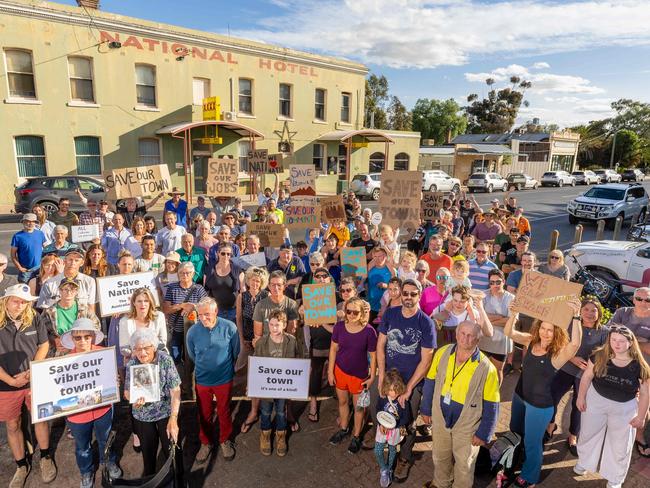
Parks Victoria released a map showing areas where climbing will remain open but failed to disclose where climbing would shut.
Mr McLaughlin said the ban was “not about closing” or “not about applying regulation” to rock climbing.
“It’s an amazing landscape, it’s not on Melbourne’s doorstep … we want people to stop at and go that little bit further and see what Dyurrite is and then spend time in that community as well,” he said.
“That’s the story we want people to know. It’s not about closing, it’s not about applying regulations, it’s about giving certainty of where people can access and continue to enjoy the landscape.”
Mr McLaughlin said Parks Victoria was restricted on what information it could share on the cultural heritage report that was the driving force behind the ban.
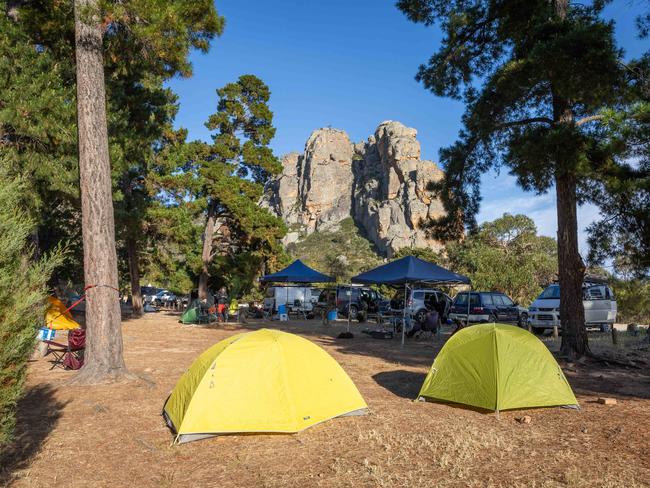
“We have an obligation to manage the tangible and intangible cultural values that are protected by legislation under the Aboriginal Heritage Act which makes it an offence to harm cultural heritage,” he said.
“Information on these values is sensitive and its protection from nondisclosure caveats and it is not accessible by the general public.
“This information is not always made available to the public.”
During the meeting, it was confirmed no campsites would close and no fees would be introduced to access Mt Arapiles.
Ms Patroni said the authority was committed to gathering a “really balanced input”.
“Throughout the consultation we will continue to review and update the content and we will respond and provide feedback to the community, local businesses or recreational groups and traditional owners,” she said.

